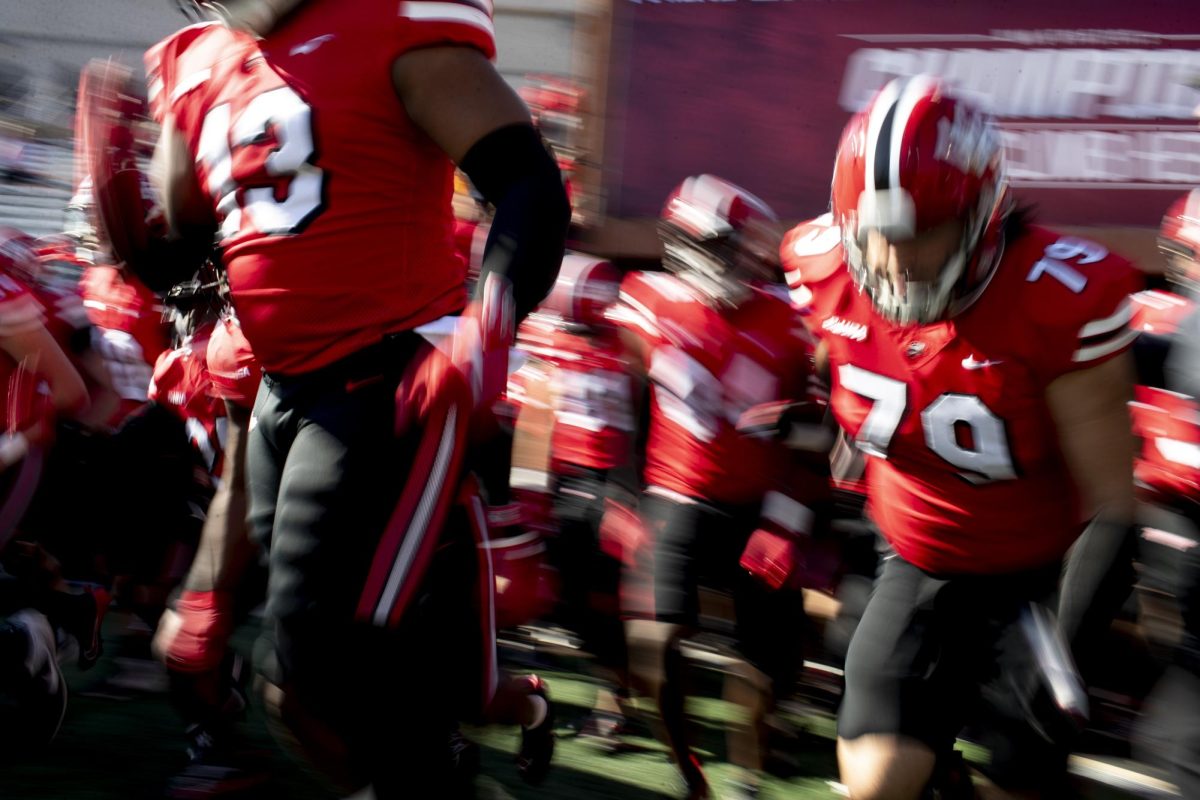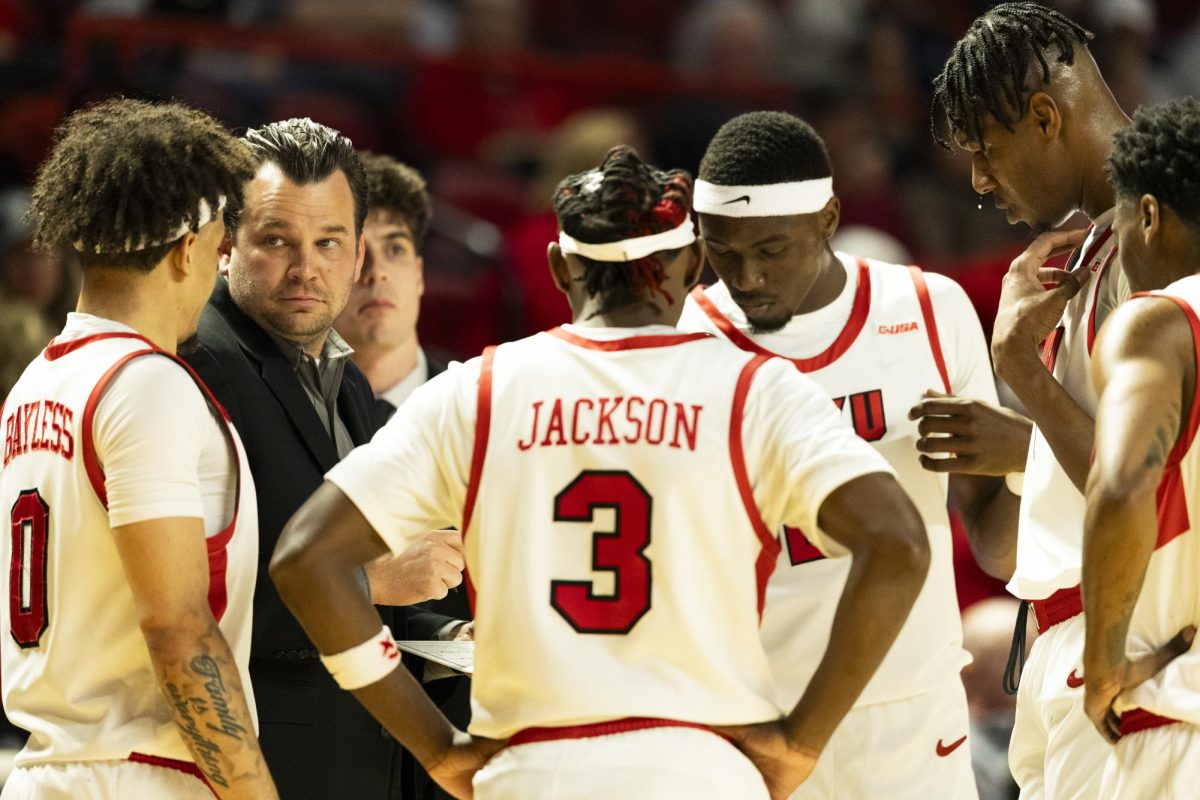Editor’s note: This submission was sent in response to “EDITORIAL: Defending DEI against legislative threats is vital to the future of Kentucky” published on March 29, 2024, and has been edited for grammar and clarity, but not content.
Discriminatory concepts is a tricky term. As noted in Students for Fair Admissions vs. Harvard, discriminatory practices do not happen in vacuum: preferential treatment cannot occur without prejudicial treatment occurring. Kentucky’s public colleges have continued flipping the discriminatory token coin from “heads” to “tails” in an attempt to sanitize prejudicial sin and excuse unconstitutional preferential treatment as the foundation of creating “Diversity, Equity, and Inclusion” (DEI).
Despite that euphemistic misnomer, DEI initiatives in higher education are multimillion-dollar endeavors that have rebranded discriminatory concepts from our past as welcomed norms at our postsecondary institutions. DEI initiatives perpetuate discrimination by marginalizing equality, compelling inequality, censoring free thought, whitewashing the need for institutional accountability, and tokenizing diversity on campus.
DEI in Kentucky isn’t any academic course or resource center, both are exempt in SB6 as amended by the House. DEI in Kentucky employs a tale of discrimination and division based on the inexcusable perpetuation of marginalization based on race at these initiatives’ best. DEI, at these initiatives’ worst, is a marketable acronym that deceives the senses and acts as an institution’s quick reflex to ensnare diversity optically without engaging in accountability or substantive work to create an inclusive campus culture.
Kentucky’s public postsecondary DEI initiatives are not the resource centers meeting student needs, Title IX offices, nor the equal opportunity offices charged initiatives to promote integration as recently opined in a joint editorial by student papers. DEI didn’t exist until after Kentucky was evaluated to have met racial integration by the US Department of Education’s Office of Civil Rights in 2009.
On the contrary, per my open records request, the offices promoting accountability and meeting students’ needs are underfunded compared to the DEI offices, DEI offices costing the Commonwealth $13,974,798 at only two public institutions (UK and UofL) per year.
Significantly, despite the ongoing and never-ending increase in tuition, Kentucky’s $13 million spent on DEI salaries pales compared to mere hundreds of thousands of dollars in endowments to fund scholarships for Kentucky’s most diverse college students. Discrimination is incentivized and valued over accountability.
Examples of DEI gone wrong in Kentucky include a student conservative group denied on campus after not agreeing with “forced diversity pledges” and staff making fun of students in private messages; Students raising awareness about racism on campus being censored; Resident Advisors at UK rebranding segregation as ‘affirmative spaces’ and launching the University of Kentucky into an investigation; and it’s unconstitutional Bias Incident Response Teams weaponized by DEI employees to punish whatever is deemed offensive, chilling speech on campus and bypassing offices of discrimination.
Importantly, Kentucky’s decade of DEI initiatives has done nothing to minimize decade of decline in enrollment nor slow decreases in enrollment that go beyond national trends. According to the Kentucky Council For Postsecondary Education’s data center, Kentucky seen a -39.56% decline of in-state low-income students, -11.4% decline of in state low-income underrepresented minority students, -16.8% decline of adult ‘nontraditional’ students, -53.26% decline of low-income Native American students, -23.23% decline of in-state low-income black and biracial students, and -36.95% decline of Kentucky’s low-income black students.
Nonetheless, Kentucky’s DEI initiatives continued and evolved beyond their original intent without results. Despite the legal standing in SFFA vs. Harvard and Kentucky 4% Asian-American population, Asians are not included in Kentucky definition of underrepresented minority. Additionally, in-state underrepresented minority students are absorbing student loan debt at a higher rate than any demographic in Kentucky.
Kentucky’s use of a discriminatory token coin shouldn’t be what heads the tale of Kentucky’s public postsecondary institutions’ future. The General Assembly should compel our public institutions to toss their discriminatory token coin into the well if we wish to give any hope to equality on campus.
Kentucky cannot be flippant about equality or constitutional principles. It’s time equality prevailed at Kentucky’s public college campuses. Our State Senate must pass Senate Bill 6 as amended, and end the discriminatory practices that have perpetuated discrimination at Kentucky’s higher education institutions.
As indicated by the Kentucky Attorney General, Kentucky’s higher education authority and public universities are participating in unconstitutional and discriminatory practices. Just because the DEI legislation is dead doesn’t mean the battle is over. Either DEI will end either in legislation or litigation. Stay Tuned.
Michael Frazier is a Powell County native, a National Hugh M. Hefner First Amendment Award Recipient, Queer Equality Activist, Higher Education Policy Advisor and a Republican lobbyist in Frankfort.
If you would like to submit a reaction to a piece, Letter to the Editor or other submission, please send it to commentary editor Price Wilborn at herald.opinion@wku.edu or edwin.wilborn835@topper.wku.edu.














